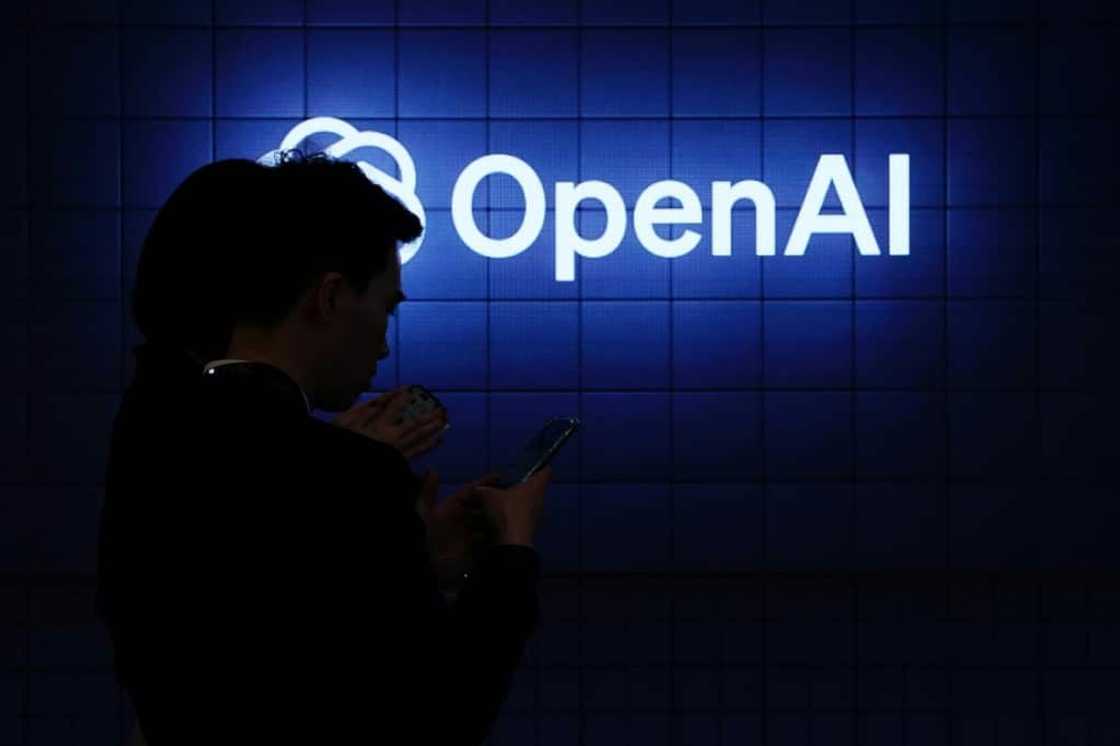AI tools generate sexist content, warns UN

Source: AFP
The world's most popular AI tools are powered by programs from OpenAI and Meta that show prejudice against women, according to a study launched on Thursday by the UN's cultural organisation UNESCO.
The biggest players in the multibillion-dollar AI field train their algorithms on vast amounts of data largely pulled from the internet, which enables their tools to write in the style of Oscar Wilde or create Salvador Dali-inspired images.
But their outputs have often been criticised for reflecting racial and sexist stereotypes, as well as using copyrighted material without permission.
UNESCO experts tested Meta's Llama 2 algorithm and OpenAI's GPT-2 and GPT-3.5, the program that powers the free version of popular chatbot ChatGPT.
The study found that each algorithm -- known in the industry as Large Language Models (LLMs) -- showed "unequivocal evidence of prejudice against women".
The programs generated texts that associated women's names with words such as "home", "family" or "children", but men's names were linked with "business", "salary" or "career".
PAY ATTENTION: stay informed and follow us on Google News!
While men were portrayed in high-status jobs like teachers, lawyers and doctors, women were frequently prostitutes, cooks or domestic servants.
GPT-3.5 was found to be less biased than the other two models.
However, the authors praised Llama 2 and GPT-2 for being open source, allowing these problems to be scrutinised, unlike GPT-3.5, which is a closed model.
AI companies "are really not serving all of their users", Leona Verdadero, a UNESCO specialist in digital policies, told AFP.
Audrey Azoulay, UNESCO's director general, said the general public were increasingly using AI tools in their everyday lives.
"These new AI applications have the power to subtly shape the perceptions of millions of people, so even small gender biases in their content can significantly amplify inequalities in the real world," she said.
UNESCO, releasing the report to mark International Women's Day, recommended AI companies hire more women and minorities and called on governments to ensure ethical AI through regulation.
PAY ATTENTION: Follow Briefly News on Twitter and never miss the hottest topics! Find us at @brieflyza!
Source: AFP


